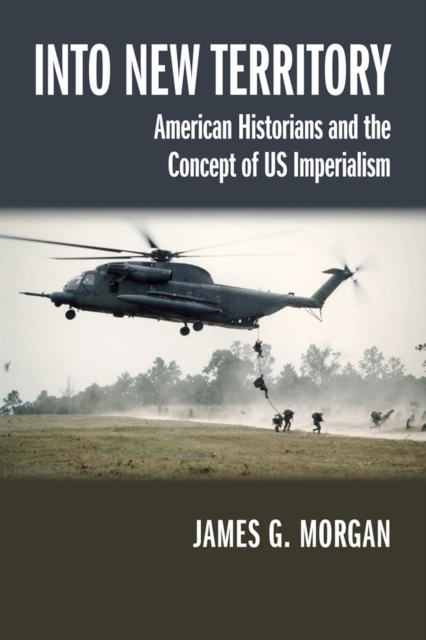
Into New Territory : American Historians and the Concept of US Imperialism Paperback / softback
by James G. Morgan
Part of the Studies in American Thought and Culture series
Paperback / softback
Description
The idea that the United States-a nation founded after a war of independence-operates as an imperialist power on the world stage has gained considerable traction since the turn of the twenty-first century.
But just a few decades earlier, this position was considered radical and even Oun-American.O How did this dramatic change come about?Tracing the emergence of the concept of US imperialism, James G.
Morgan shows how radical and revisionist scholars in the 1950s and 1960s first challenged the paradigm of denying an American empire.
As the Vietnam War created a critical flashpoint, bringing the idea of American imperialism into the US mainstream, radical students of the New Left turned toward Marxist critiques, admiring revolutionaries like Che Guevara.
Simultaneously, a small school of revisionist scholars, led by historian William Appleman Williams at the University of Wisconsin, put forward a progressive, nuanced critique of American empire grounded in psychology, economics, and broader historical context.
It is this more sophisticated strand of thinking, Morgan argues, which demonstrated that empire can be an effective analytical framework for studying US foreign policy, thus convincing American scholars to engage with the subject seriously for the first time.
Information
-
Available to Order - This title is available to order, with delivery expected within 2 weeks
- Format:Paperback / softback
- Pages:264 pages
- Publisher:University of Wisconsin Press
- Publication Date:30/08/2014
- Category:
- ISBN:9780299300449
Information
-
Available to Order - This title is available to order, with delivery expected within 2 weeks
- Format:Paperback / softback
- Pages:264 pages
- Publisher:University of Wisconsin Press
- Publication Date:30/08/2014
- Category:
- ISBN:9780299300449









